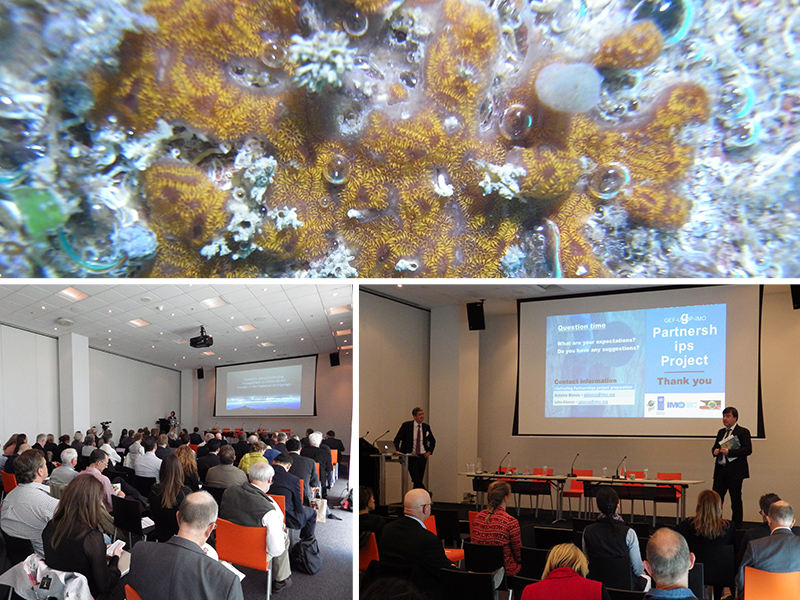An IMarEST workshop on practical biofouling management strategies just has concluded in Melbourne, Australia (12-15 September). Biofouling, is defined as the undesirable accumulation of aquatic organisms like, plants, algae and animals on ships’ hulls, which pose a significant problem to the world’s oceans and to the conservation of biodiversity.
IMO is working actively to address this issue by implementing practices to control and manage biofouling. One of the IMO’s main objective at the conference is to promote a new partnership project together with the Global Environment Facility (GEF) and the United Nations Development Programme (UNDP) which seek to curb the spread of bioinvasion as well as to identify future partners for the project.
The event also looked at current and future regulations, as well as gaps hindering the implementation of effective biofouling management strategies and standards. Discussions also touched upon the balance between improved vessel fuel efficiency, reduced maintenance costs, effective biosecurity risk mitigation and compliance with biofouling guidelines.
The workshop was attended by IMO’s John Alonso and Antoine Blonce.
